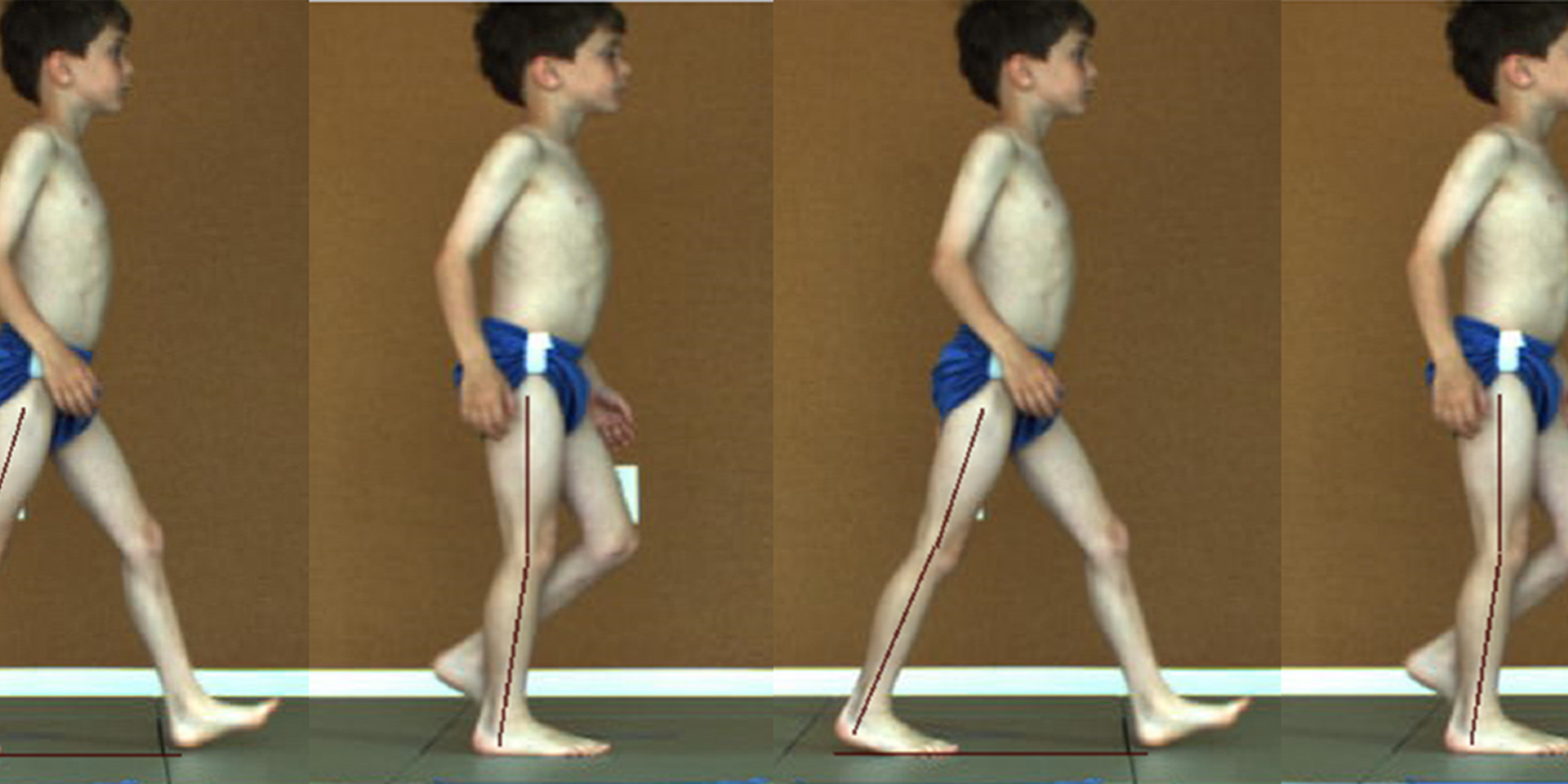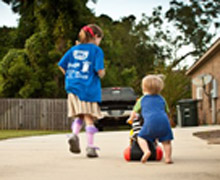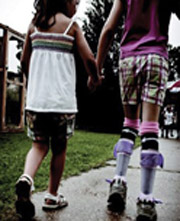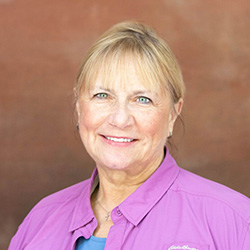
Welcome to the Bjornson Lab
Cerebral palsy (CP) is the most common physical disability in childhood, affecting one out of every 323 children. While it has no known cure, early intervention can help children manage their mobility limitations and become more active participants in their lives. Through our volunteer research studies, our team aims to discover effective interventions that can empower children with CP to keep moving; to get out in the world and just be kids.
Our research focuses on spastic or hypertonic CP, which affects the coordination and control of motor function of more than 77% of children with cerebral palsy. We currently are conducting four research studies that aim to increase our understanding of how children with spastic CP can maintain or increase mobility, particularly as they age.
We are actively recruiting new participants for some of our current studies:
We are also an official site for the North American Cerebral Palsy Research Network (CPRN). Treatment data from more than 20 sites in the CPRN registry enables clinician researchers to find practice variation, examine outcomes of care and create quality initiatives to improve outcomes for all patients with CP across the lifespan regardless of where they are treated.
Cerebral Palsy Research Network
 Seattle Children’s is an official regional site of Cerebral Palsy Research Network (CPRN), which seeks to improve outcomes that people with CP value most through high quality clinical research and quality initiatives.
Seattle Children’s is an official regional site of Cerebral Palsy Research Network (CPRN), which seeks to improve outcomes that people with CP value most through high quality clinical research and quality initiatives.
As a CPRN site, patients with CP receiving care at Seattle Children’s can have treatment data anonymously included in the CPRN registry. This enables clinician researchers across the country to find practice variation and create quality initiatives to improve outcomes for all patients regardless of where they are treated.
The many research institutions participating in CPRN are enabling a new level of collaboration between basic scientists and clinical researchers; helping focus research on solving the most important questions for the CP community. Learn more about Cerebral Palsy Research Network.
Pedal With Pete Award: Study on Joint Decision Making in Supported Mobility Devices
 The Pedal With Pete foundation awarded us a grant to study how decisions about different mobility devices and adaptive equipment are made on behalf of children with CP. Many children with CP never walk or walk for very few years in their life. Choosing the right adaptive equipment, like wheelchairs, power wheelchairs, walkers and other devices is extremely important.
The Pedal With Pete foundation awarded us a grant to study how decisions about different mobility devices and adaptive equipment are made on behalf of children with CP. Many children with CP never walk or walk for very few years in their life. Choosing the right adaptive equipment, like wheelchairs, power wheelchairs, walkers and other devices is extremely important.
We’re conducting the study through focus groups in Seattle, Los Angeles, Chicago and Boston. To learn more, email Kristie Bjornson.

Kristie Fay Bjornson, PT, PhD
Kristie Bjornson, PT, PhD, MS, is a professor of developmental medicine, Pediatrics; and an adjunct research professor, Rehabilitation Medicine, at the University of Washington and Seattle Children’s Research Institute. She is also a pediatric physical therapist with over 40 years of clinical experience in settings such as the NICU, public schools, birth-to-three centers, and at Seattle Children’s in Seattle, Washington.
Dr. Bjornson was the research coordinator for the Spasticity Management Clinic at Seattle Children’s, serving as the project coordinator for the randomized clinical trial and meta-analysis of selective dorsal rhizotomy, botulinum toxin-A and a descriptive cross sectional study of intrathecal baclofen (ITB) therapy. Bjornson’s doctoral work focused on the assessment of physical activity, health and quality of life in ambulatory children with cerebral palsy (CP) and normative ambulatory data for the StepWatch accelerometer. She completed a NICHD NIH K23 career development award focusing on the measurement of ambulatory physical activity, participation in daily life of children with CP and the influence of orthotics.
Ongoing research includes a study of power training combining the Total Gym and treadmills, a home-based treadmill training study and a project examining the Ankle-Foot Orthoses Footwear Combination (AFO-FC) orthotic management approach for ambulatory children with CP. She has a small private practice focusing on orthotics management across the lifespan.
-

Neil Panlasigui
Clinical Research Coordinator II
